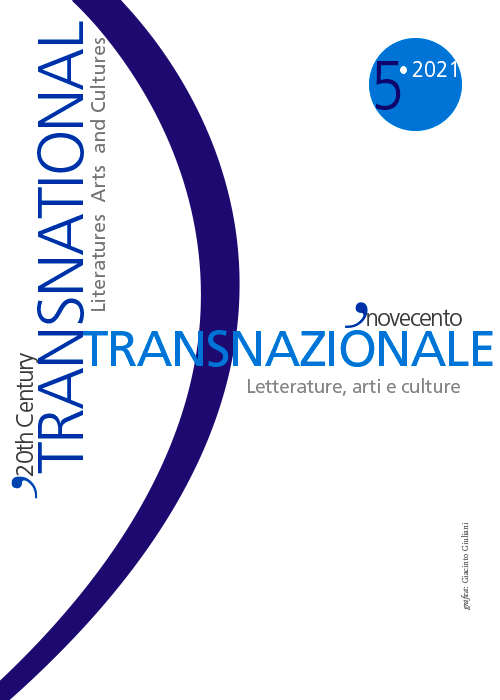Permanence and problematic nature of the classic in twentieth-century rewritings of Electra: the transnational case of O'Neill and Giraudoux.
DOI:
https://doi.org/10.13133/2532-1994/17277Abstract
The revengeful Electra has survived over the centuries, precisely because guilt and violence characterize every human era. However, it is mainly in the XX century that significant rewritings of classical myth have flourished in Western literature. The article sketches that renewal reconsidering the relationship between Greek tragedies and modern plays written by O’Neill and Giraudoux. In particular, this connection has to be meant not only as a tribute to the long-established tradition of the myth, but essentially as a challenging reflection on the way modern playwrights move towards the resolution of tragic fatality. Then, a comparative analysis of places and symbolic worlds in which the plays are set will be suggested, as well as an observation about the survival of tragic chorus. This will lead to explore the meaningful existence of the female character that reveals onstage her dire need of an ordinary emotional life. The article will, therefore, focus on the sociologic implications the heroine embodies both in classical sources, where the antinomy between heavenly patriarchy and chthonic matriarchy was displayed, and in puritan America presented by O’Neill along with Giraudoux’s France during the 1930s.
Downloads
Published
Versions
- 2021-07-19 (2)
- 2021-03-31 (1)
How to Cite
Issue
Section
License
Copyright (c) 2021 Transnational 20th Century. Literatures, Arts and Cultures

This work is licensed under a Creative Commons Attribution 3.0 Unported License.

Except where otherwise noted, the content of this site is licensed under a Creative Commons Attribution 3.0 Unported License.


